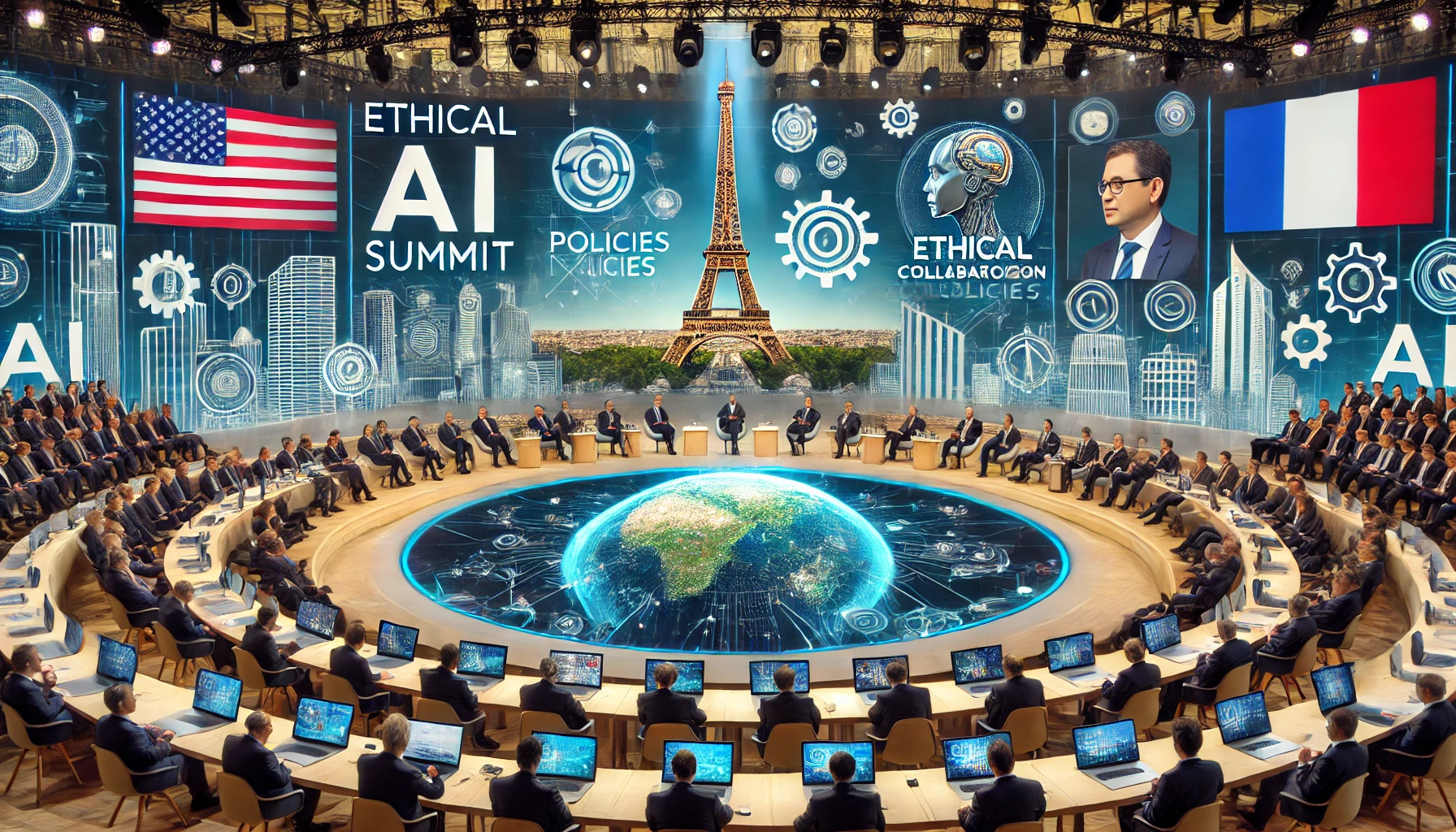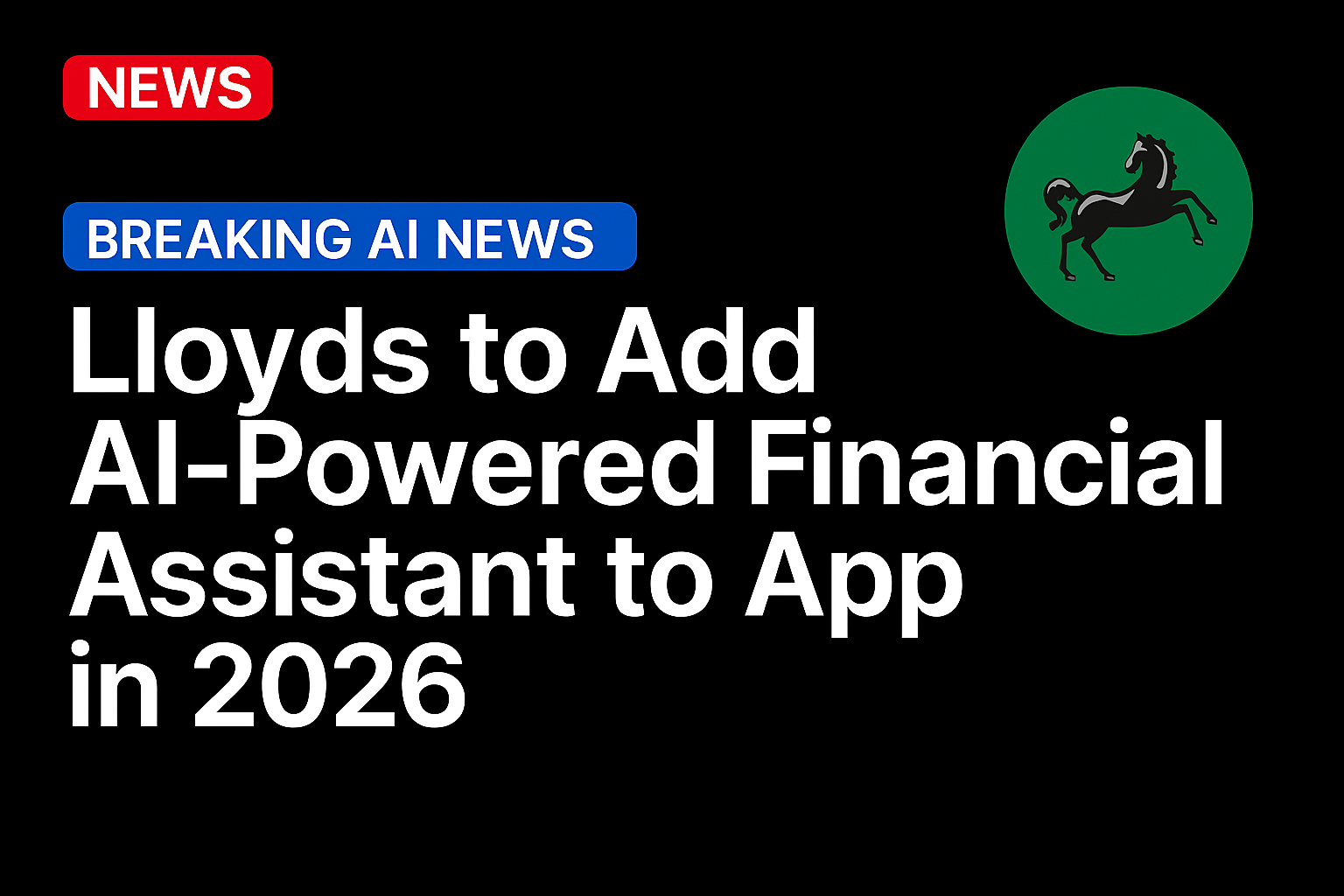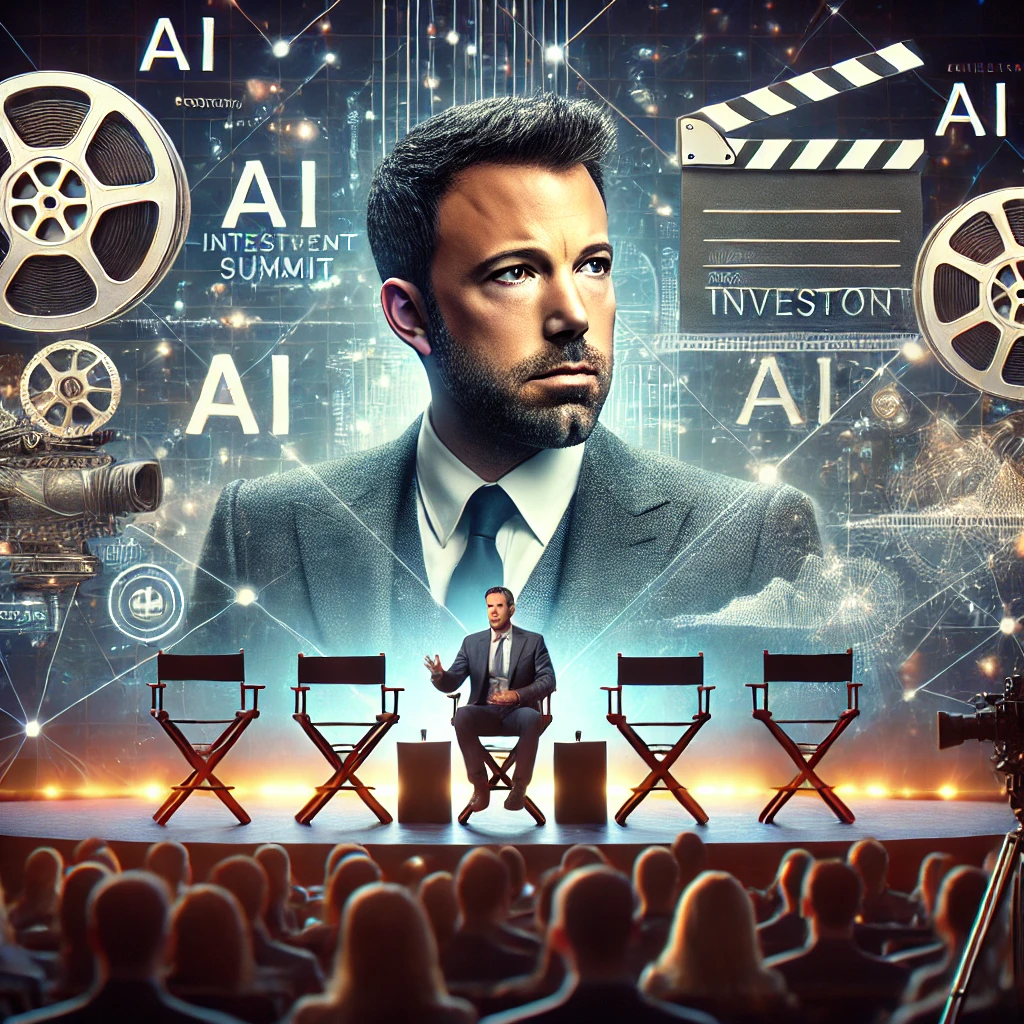Paris AI Summit 2025: India’s Prime Minister Shri Narendra Modi is currently on a France-US tour. He arrived in Paris on February 10, 2025, to co-chair the AI Action Summit with French President Emmanuel Macron. The summit, held at the Grand Palais, focuses on leveraging artificial intelligence for innovation and public good.
On February 11, 2025, Indian Prime Minister Shri Narendra Modi attended the Paris AI Summit at the Grand Palais, France, with French President Emmanuel Macron. Other dignitaries, such as the EU Commission president Urusula Von Der Leyen and UN chief Antonio Guterres, were also present.
At the summit, Modi emphasized the transformative potential of artificial intelligence (AI) and the necessity for global collaboration in its governance.
The Prime Minister called for a collective global effort to develop governance frameworks and standards that uphold shared values, address potential risks, and build trust in AI technologies.
Check Out| Paris AI Summit 2025: Check Start Date, Key Objectives, World Leaders, Venue and Other Details
PM Modi’s Key Address at the Paris AI Summit 2025
During the AI Summit in Paris in February 2025, Prime Minister Narendra Modi addressed various aspects of artificial intelligence, emphasising its potential and the need for global cooperation and ethical governance.
Key points of PM Modi’s speech:
- AI as Code for Humanity: Modi stated that AI is reshaping society, the economy, and security, and is writing the code for humanity in the 21st century. He noted AI’s unprecedented scale and speed of development.
- Global Governance: Modi called for global standards and regulations for AI, emphasising the need to address risks, promote innovation, and ensure equitable access, particularly for the Global South. He advocated for open-source systems to enhance trust and transparency and for building quality data sets free from biases.
- AI Biases: Modi highlighted the presence of biases in AI systems, stating that AI’s potential is amazing, but biases demand careful scrutiny and correction.
- Job Loss Concerns: Addressing concerns about job losses due to AI, Modi said that history shows that technology changes the nature of work rather than eliminating it. He stressed the importance of skilling and re-skilling people for an AI-driven future.
- AI Applications: Modi noted AI’s potential to transform lives by improving health, education, and agriculture and to help achieve sustainable development goals.
- Digital Infrastructure: Modi mentioned India’s success in building a digital public infrastructure for 1.4 billion people at a low cost, highlighting India’s AI talent pool and techno-legal solutions for data privacy.
- Threats of AI: Modi called for addressing concerns related to cybersecurity, disinformation, and deepfakes.
- AI Sustainability: Modi spoke about AI sustainability, highlighting its high energy requirements.
What Are the Key Takeaways From PM Modi’s Speech at the AI Summit?
PM Narendra Modi’s speech at the AI Summit in Paris in February 2025 focused on the transformative potential of AI and the necessity for global cooperation in its ethical governance.
Key Takeaways from PM Modi’s Speech:
- AI as a Transformative Force: Modi emphasised AI’s extensive impact on the economy, security, and society, describing it as “the code for humanity” in the 21st century. He highlighted the unprecedented pace and scale of AI’s development and deployment.
- Global Governance Imperative: Modi advocated for collective global efforts to establish AI governance frameworks and standards that promote shared values, address risks, and build trust.
- He called for global standards and regulations for AI, emphasising the need to address risks, promote innovation, and ensure equitable access, particularly for the Global South.
- He advocated for open-source systems to enhance trust and transparency and for building quality data sets free from biases.
- Addressing AI Biases: Modi addressed the critical issue of biases in AI algorithms, highlighting the need for careful scrutiny and correction to ensure fairness. He stressed the importance of building quality data centres free from biases.
- Job Transformation and Skilling: Addressing concerns about job displacement due to AI, Modi stated that technology changes the nature of work rather than eliminating it. He emphasised the need to invest in skilling and re-skilling people for an AI-driven future.
- AI for Global Good: Modi noted AI’s potential to transform lives by improving health, education, and agriculture and to help achieve sustainable development goals.
- Digital Infrastructure and Talent Pool: Modi highlighted India’s success in creating a digital public infrastructure for 1.4 billion people at low cost and noted India’s large AI talent pool.
- Cybersecurity and Disinformation: Modi called for addressing concerns related to cybersecurity, disinformation, and deepfakes.
- Open Source Systems: Modi advocated for the development of open source systems to enhance trust and transparency.
Global Collaboration in AI: India’s Vision for Ethical AI Governance
India is taking a leading role in shaping global AI governance through collaboration and ethical practices.
Key points of India’s vision:
- Ethical Alignment: India aims to align its AI ecosystem with ethical principles, emphasising transparency, inclusiveness, and fairness, in accordance with UNESCO’s Global Recommendation on the Ethics of AI.
- Multi-Stakeholder Engagement: India’s approach involves bringing together diverse stakeholders from government, academia, industry, and civil society to explore strategies for responsible AI governance.
- AI Governance Tools: The AI Risk Assessment Mechanism (AI RAM) serves as a diagnostic tool to identify opportunities for member states to engage in AI regulatory and institutional capacity-building efforts.
- IndiaAI Mission: India has launched the INDIAai Mission with significant funding to promote indigenous frameworks, governance tools, and self-assessment guidelines, empowering innovators and democratising AI benefits across sectors.
- A key aspect of this mission is the commitment to ensuring safety, accountability, and ethical practices in AI development and deployment.
- Pro-Innovation Approach: India supports a “pro-innovation” approach to AI regulation aiming to unlock the full potential of AI while considering anticipated risks.
- Global Collaboration: India emphasises global collaboration to advance AI in areas like healthcare and agriculture, promoting ethical governance and partnerships.
- Addressing AI Risks: India recognises the importance of mitigating user harm, reducing misinformation, and increasing accountability in AI systems.
- Developing AI Governance Guidelines: A Subcommittee on ‘AI Governance and Guidelines Development’ was formed to provide actionable recommendations for AI governance in India.
- The subcommittee’s report emphasises a coordinated, whole-of-government approach to enforce compliance and ensure effective governance as India’s AI ecosystem evolves.
- Public Consultation: The Ministry of Electronics and IT (MeitY) has published the Subcommittee’s report for public consultation to ensure that the governance mechanisms reflect India’s aspirations and to create a robust, inclusive, and adaptive framework for technological advancements.
- Building India’s AI Roadmap: India is actively building its AI policy roadmap through collaborative efforts to address gaps, prioritise opportunities, and ensure ethical AI practices that contribute to societal well-being.
- “AI for All” Vision: India aims to craft an AI policy that envisions “AI for All,” fostering a holistic AI ecosystem for safety and trust as the country continues its rapid AI growth.
Source: https://www.jagranjosh.com/





